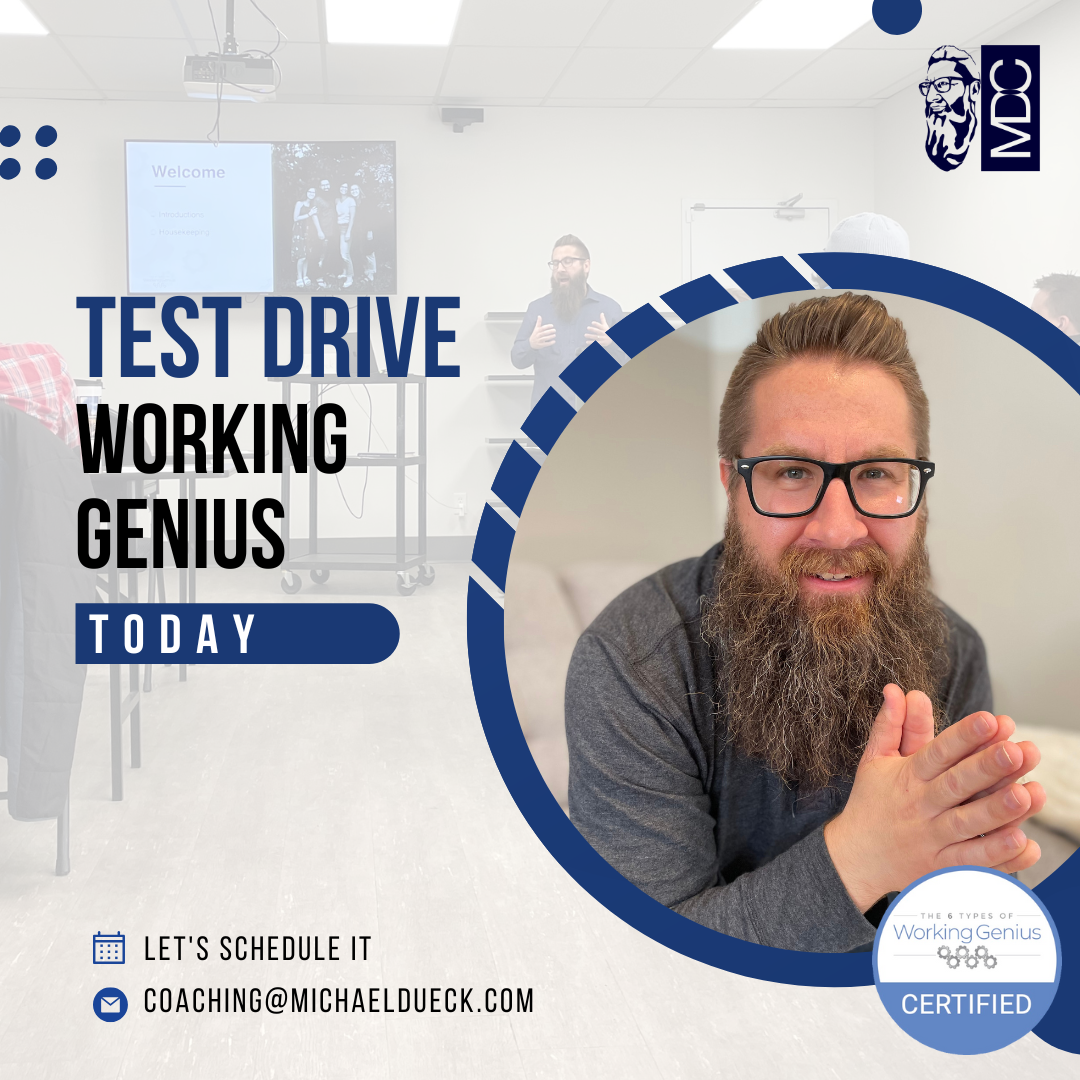Every Team Wrestles with an Expectation Gap
Every team feels the tension of misaligned expectations—especially when we assume others think, work, or contribute like we do.
But that is simply not true. We all see work from an incredibly unique perspective with different nuances that float to the top and are seen as more valuable.
There are two options:
a) we begin to judge others who don’t think or approach work like we do;
OR
b) we choose the upward path of humility, seeking to understand.
Here are 3 ways to close that gap with Working Genius:
1. Know Their Genius
Knowing where you can expect the best (their Genius) from others—and where they may need extra support or accountability (their Frustrations), helps you to frame your expectations with insight instead of assumptions.
When you’ve had the Genius conversation, suddenly you know a team member beyond the observing of one’s performance. In fact, you now have an insider look at their motivations – what work energizes them and what work doesn’t.
This next level of “knowing” can be very helpful in disarming otherwise hard conversations where expectations would otherwise be misaligned or even misunderstood.
Instead of the disappointment that follows, knowing one’s Geniuses (& Frustrations) gives us context to approach the person with the grace of understanding…to call people up – not just calling them out.
2. Recgonize Team Patterns
Essentially, your Team Map (mapping out your teams Geniuses & Frustrations) can give you plenty of insight of what to currently expect from your team. When we see current reality objectively, then we can make proper adjustments.
When certain Working Geniuses aren’t well-represented on a team, we can anticipate and even empathize with the challenge this presents AND still take responsibility of planning for the net impact you want.
Reality is, every team (& individual) has some sort of “area for improvement”. However, It doesn’t need to be a a “slight” to the team or come across as personal as it sometimes feels—there is an objective, insightful view of the team that exists when you look at your Team.
By mapping your team’s Geniuses & Frustrations you can anticipate those “stuck” points, allowing you to proactively build the necessary systems, checks, and balances that will move your team forward.
3. Know What to Expect from Yourself
Understanding your own Genius makeup, frees you from feeling guilty for what doesn’t come naturally and gives you the awareness, even language, needed to build-in the right supports around you.
This awareness is NOT an excuse to abdicate responsibility but rather a platform to take responsibility to lead the charge—not by doing it all—but by embracing vulnerability and leaning into true collaboration.
So let me ask if you want to…
- Avoid the turbulence of unmet expectations?
- Have greater clarity & language for those unidentified expectations?
- Take your team to the next level?
- Experience less guilt and judgment on your team?
Then take Working Genius for a Test Drive!
I’m convinced that the Working Genius will help you to adjust and improve your team’s productivity and morale at work. If you lead a team, it’s worth seeing firsthand how this model can change the game for your team.
I can’t convince you BUT that’s what the test drive is for. Allow me to give you an inside look at a team workshop. If it resonates, we’ll set it up for your entire team to experience The Working Genius.

